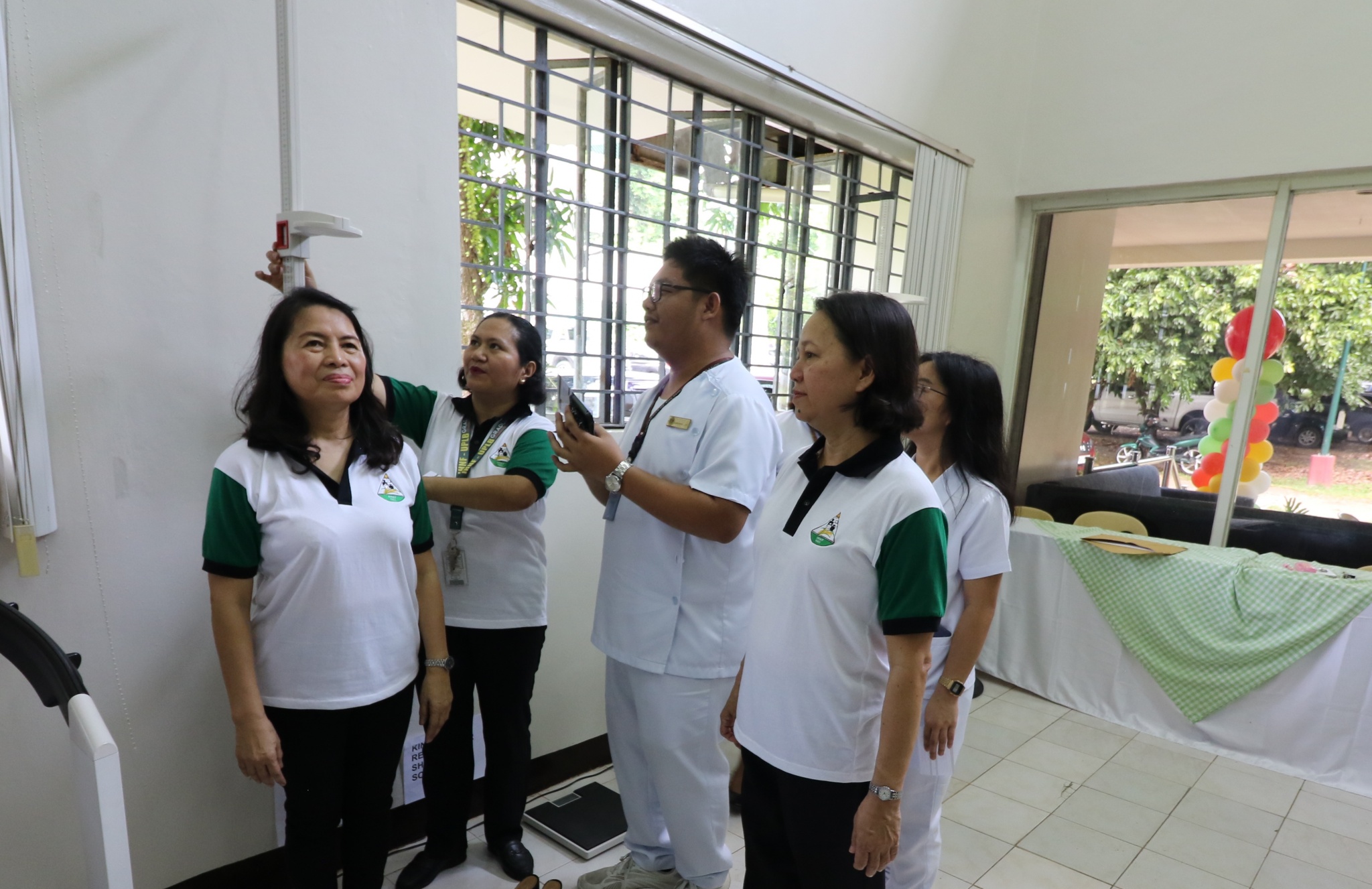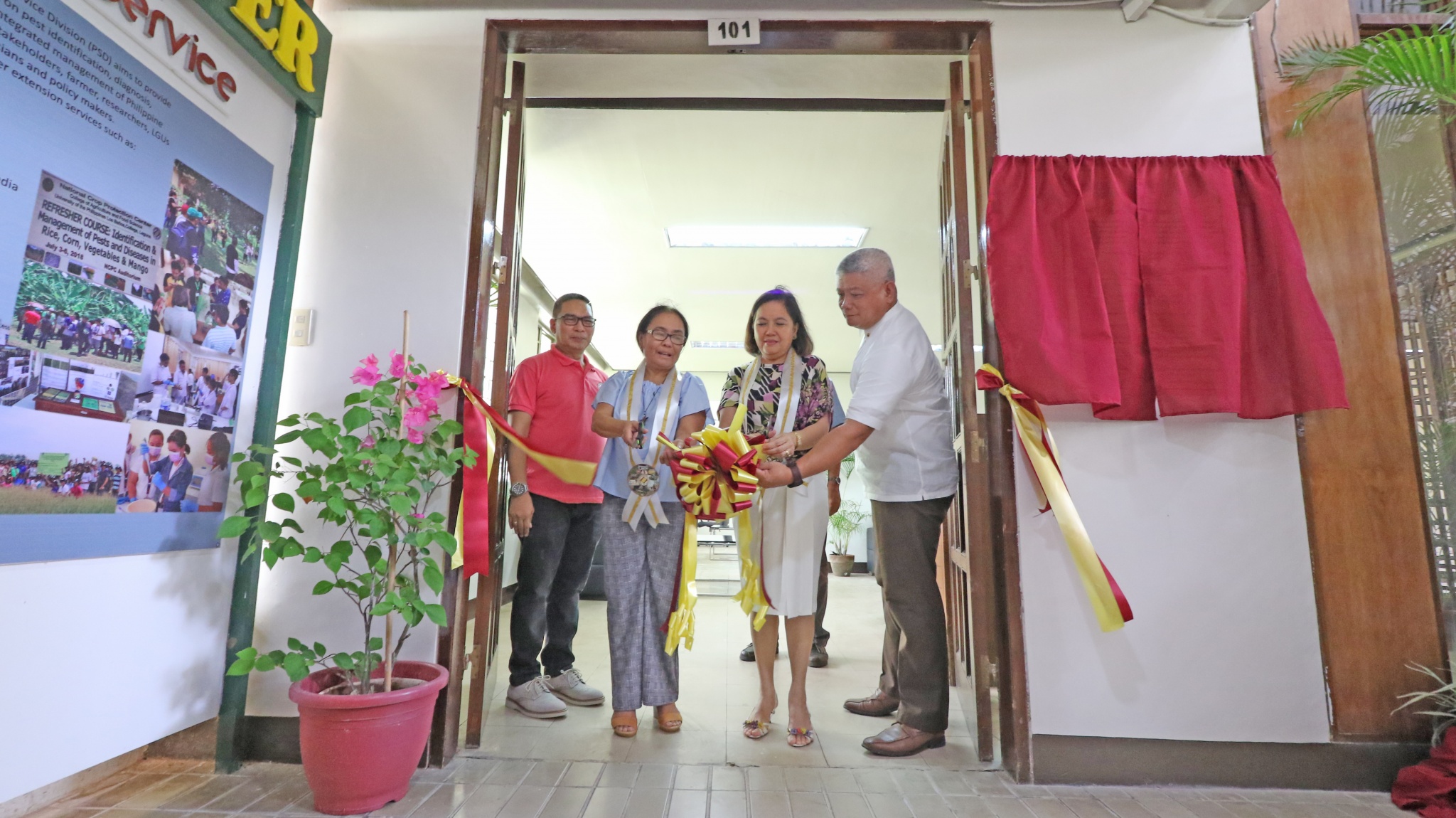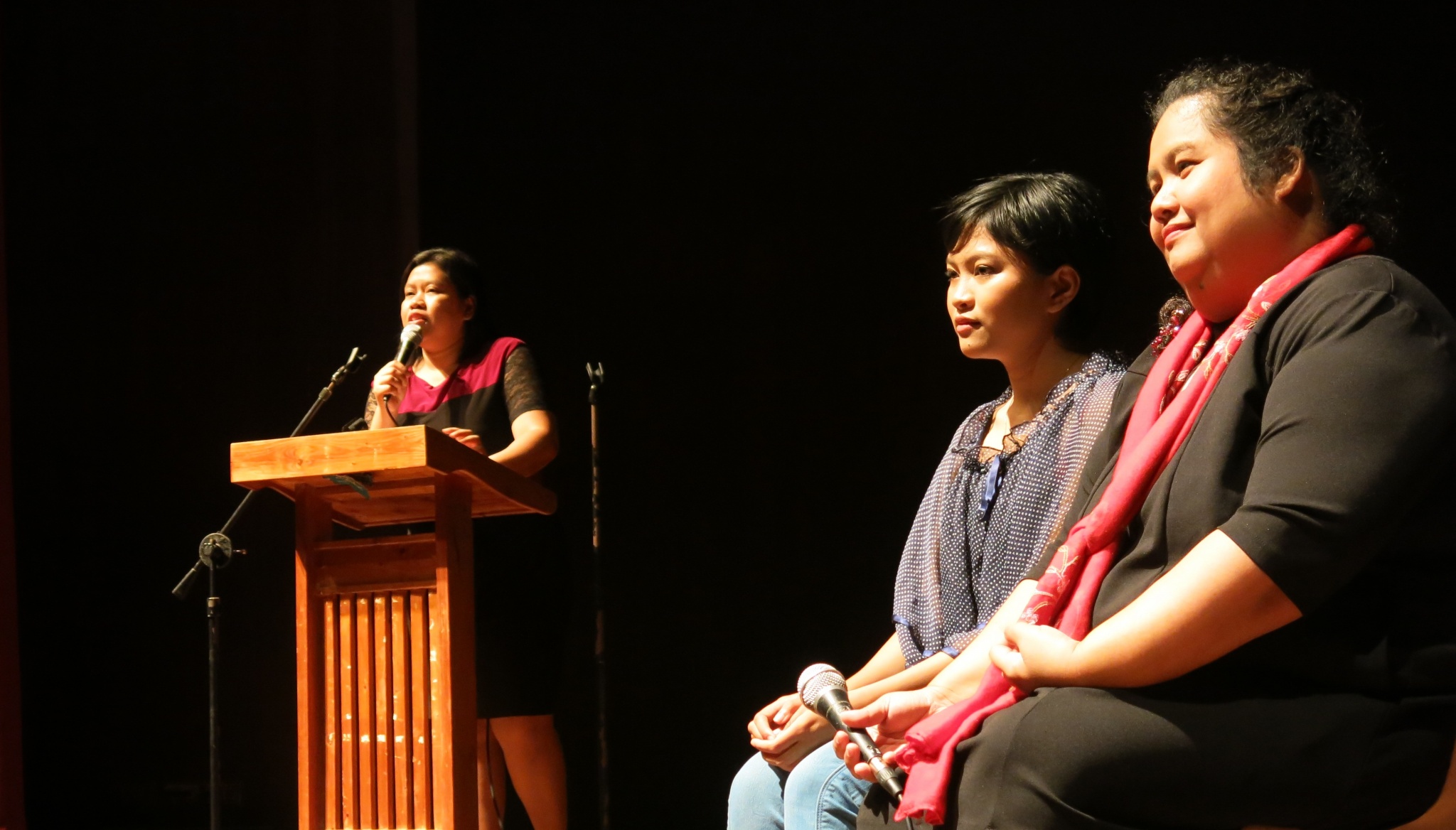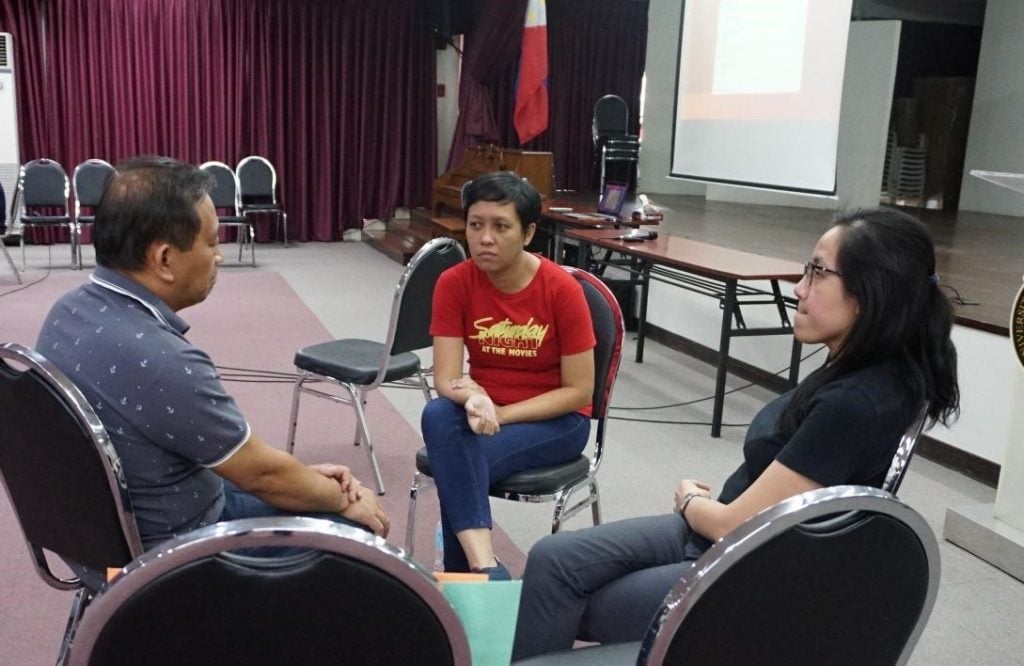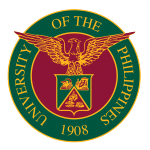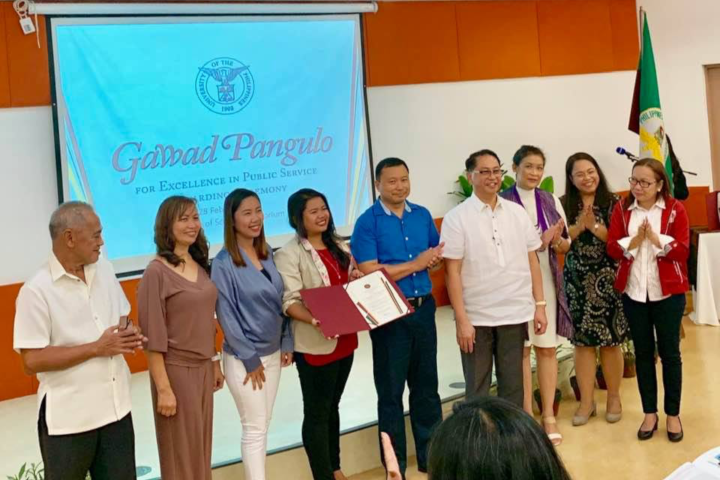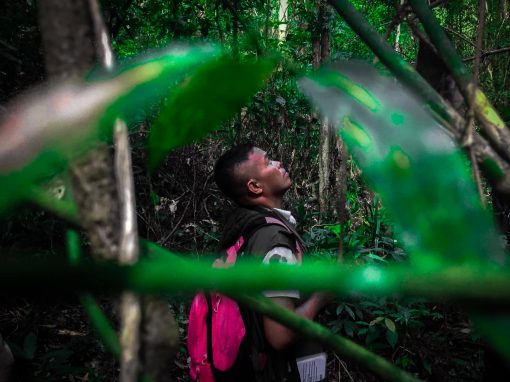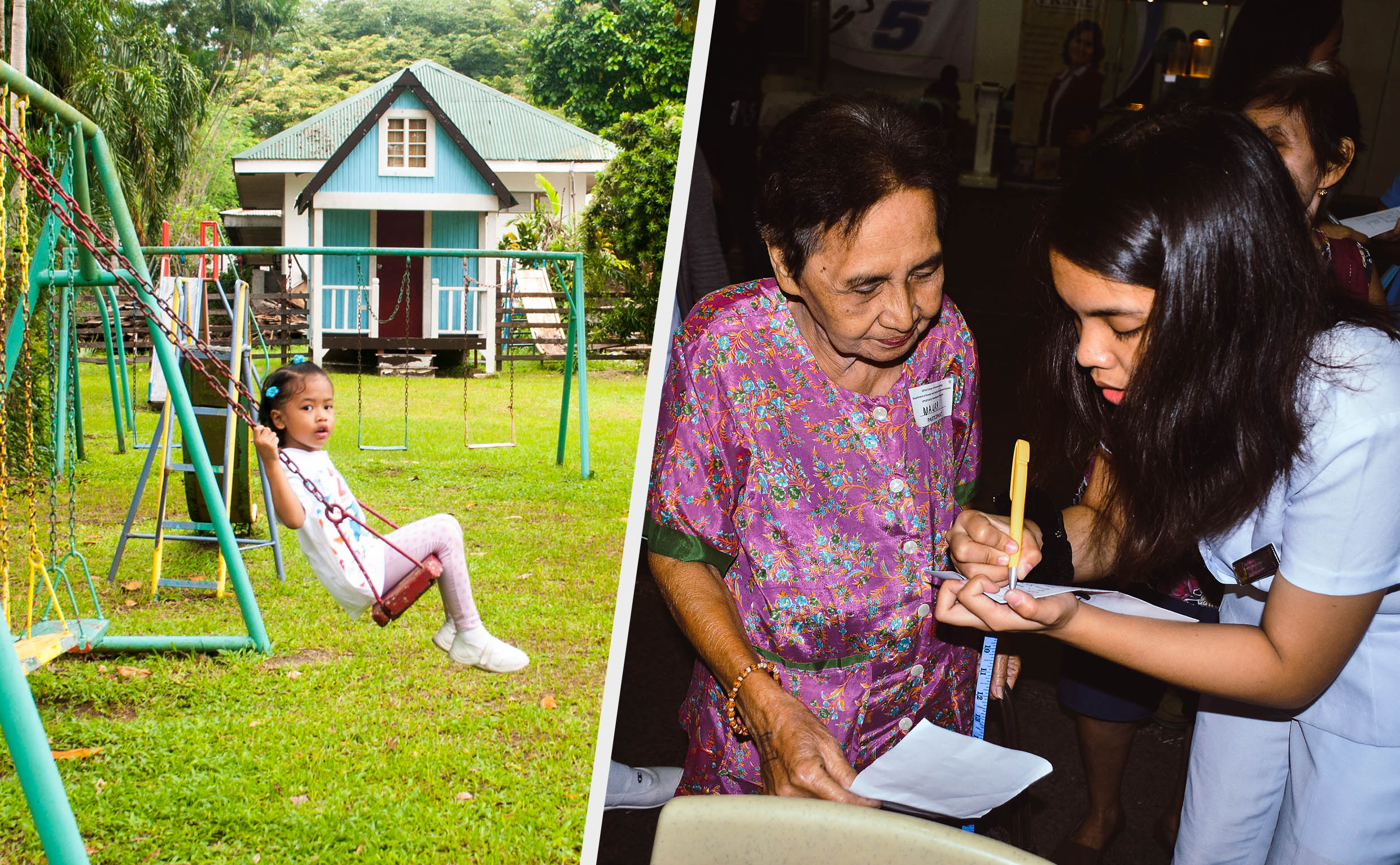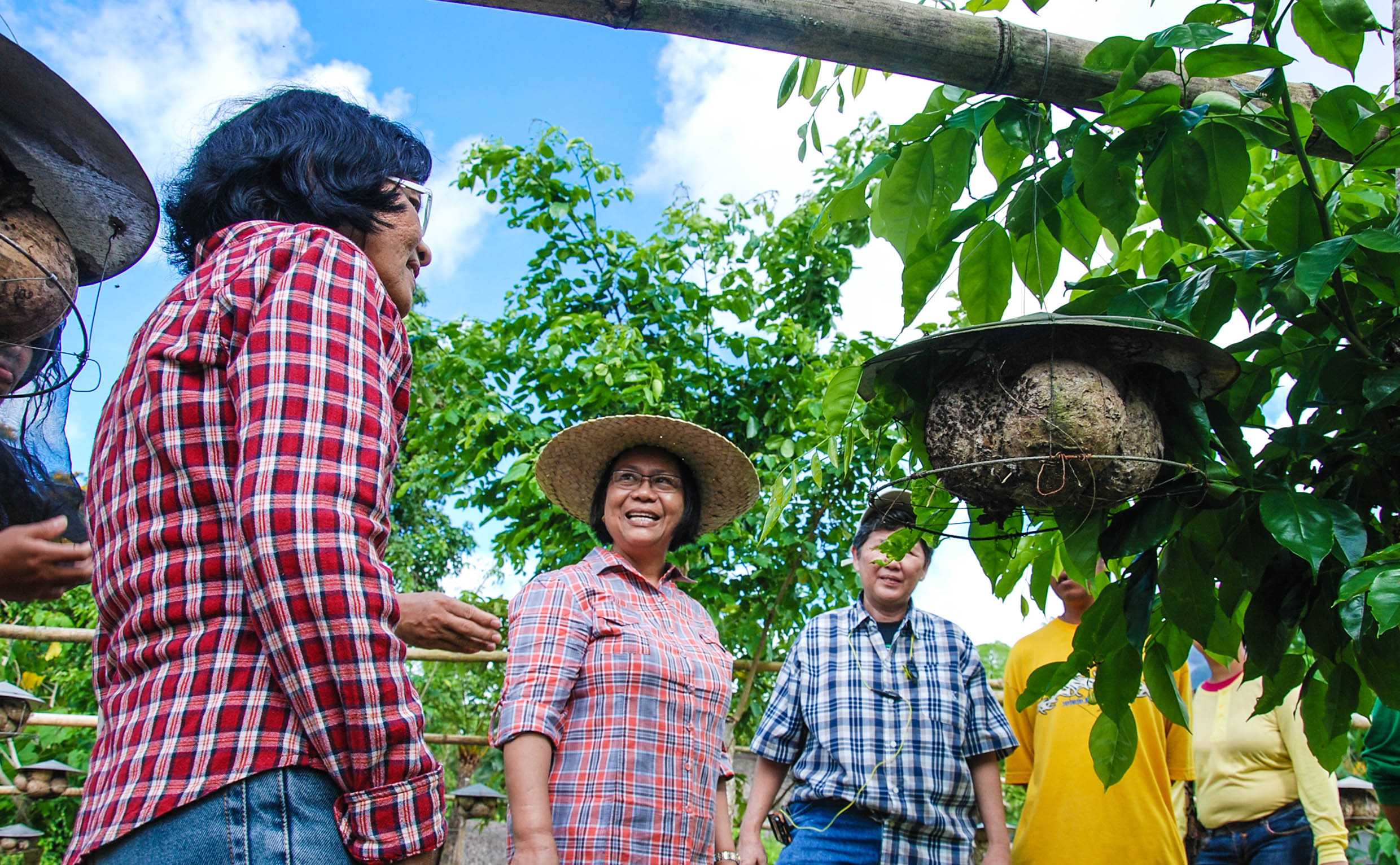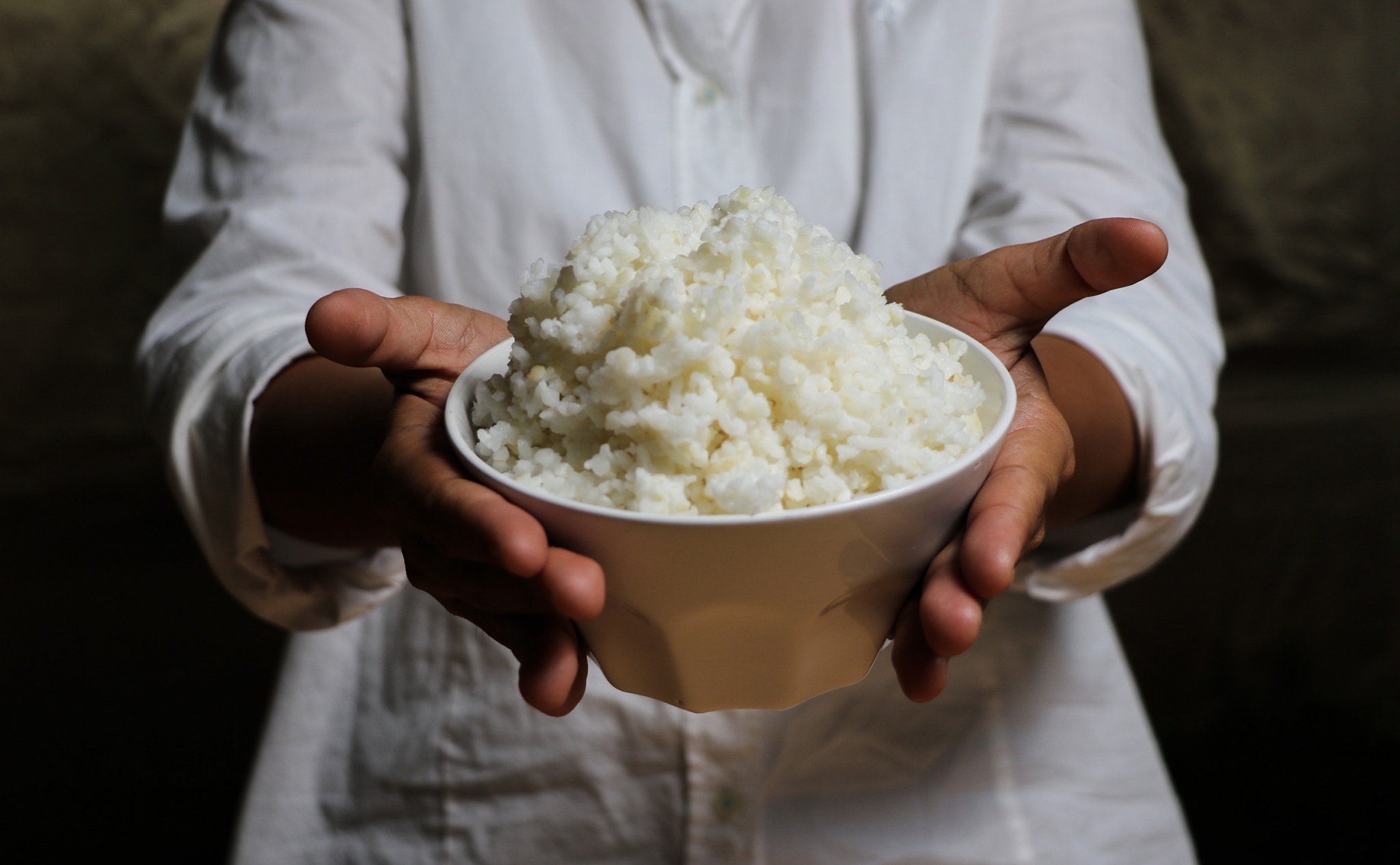The Institute of Human Nutrition and Food (IHNF) has finally launched a clinic of its own – the Nutrition and Wellness Clinic.
Category: PUBLIC SERVICE REPORTS
The National Crop Protection Center of UPLB inaugurated the Plant Health Clinic which will diagnose plant pests and diseases and provide prescriptions and management options to solve plant health problems.
HOPE, or Health Orientation on Problems from Emotional Stress, a mental health awareness program of the UPLB Office of Student Affairs (OSA) through the initiative of the Counseling and Testing Division (CTD) held its fourth forum on Apr. 22 at the DL Umali Hall.
Responding to the call to become a more nurturing and healthy university, the Office of Student Affairs (OSA) initiated Enhancing Ginhawa: A workshop on providing psychosocial support to students last 24 April 2019 at the UP Cebu Performing Arts Hall.
WITH water shortage, fire and flooding as top concerns in Metro Cebu, the University of the Philippines (UP) Cebu aims to help make communities and local government units (LGUs) more resilient through its researches. This was underscored by research groups from the state university during the Communicating Science and Technology, Research & Development (CoST-UP) Media Brunch on Friday, April 26.
The UPV Center for West Visayan Studies (CWVS), through its Disaster Risk Reduction Training, Education and Advocacy for Children’s Protection and Resilience (TEACH DRR) Project, is one of the five public service initiatives recognized during the 3rd Gawad Pangulo for Excellence in Public Service.
The Central Visayas Center for Environmental Informatics’ (CENVI) piloted it’s Siloy Count mobile application which is a monitoring system designed to collect information on protected and key biodiversity areas in Cebu.
The UPLB College of Human Ecology is taking a different track by implementing public service initiatives that address a whole spectrum of needs in terms of age and psychosocial conditions, and coping with these needs from the context of family and community.
The UPLB Bee Program’s beekeeping training course is creating quite a buzz, making farmers, researchers, students, teachers, hobbyists, and practicing beekeepers swarm the University in order to learn more about it. A testament to this is the steadily growing demand for the training course since it was first offered in 1989, at times even […]
How is that again? Rice sufficiency with the use of corn?
Indeed, this is what Dr. Artemio M. Salazar, a retired research professor at the College of Agriculture and Food Science (CAFS), believes in.
“Rice sufficiency does not have to be achieved through rice alone but could be achieved with the help of corn,” he said. Dr. Salazar, who used to head the Cereals Section of the Institute of Plant Breeding (IPB), CAFS, shares this belief with his team of plant breeders and agricultural extensionists.

